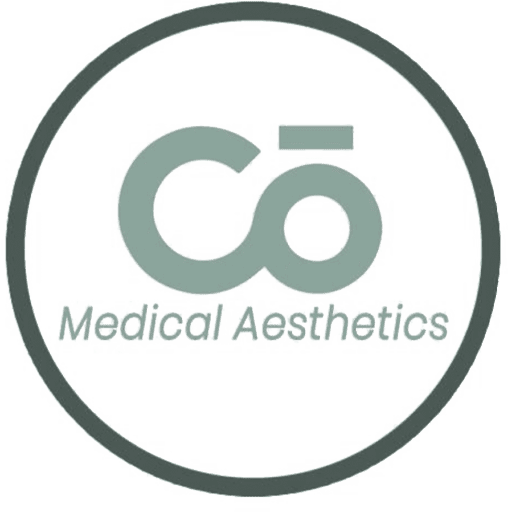




What Are Neuromodulators ( Dysport® & Nuceiva®)?
Neuromodulators are a class of substances used in medicine to affect or regulate the function of
neurons (nerve cells). These substances are derived from the bacterium Clostridium botulinum and function by
temporarily blocking nerve signals to specific muscles, thereby reducing their activity.In cosmetic applications,
neuromodulators are used to relax targeted facial muscles, minimizing the appearance of wrinkles and lines caused
by repeated muscle contractions. These neuromodulators have transformed cosmetic enhancement by
offering a non-invasive solution to diminish fine lines and wrinkles
What can Neuromodulators Treat?
- Facial Wrinkles: They effectively target dynamic wrinkles caused by repetitive muscle movements, such as: crow’s feet, forehead lines.frown lines.
- Preventative Aging: Some individuals use neuromodulators as a preventive measure to delay the formation of future wrinkles.
- Hyperhidrosis: Injections effectively manage excessive sweating, especially in areas like underarms, palms, or soles of the feet. Insurance coverage may be available for this treatment.
- Migraines: Injections are approved as a preventive treatment for chronic migraines, reducing headache frequency. Some insurance providers may cover this treatment option
Who Is A Good Candidate For Neuromodulators Treatment?
- Have Dynamic Wrinkles: neuromodulators is effective against dynamic wrinkles caused by repetitive muscle movements, such as crow’s feet, forehead lines, and frown lines.
- Are in Good Health: Generally healthy individuals without significant neuromuscular disorders or specific health conditions may be suitable candidates.
- Have Realistic Expectations: Those who understand the potential results of neuromodulators and have realistic expectations regarding the treatment’s outcomes.
- Wish to Prevent Future Lines: Some candidates use as a preventive measure to deter the formation of future wrinkles.
Contraindications to neuromodulator treatment typically include:
- Allergies or Sensitivity: Individuals allergic to any ingredients in the formulation or those who have had adverse reactions to in the past should avoid treatment.
- Neuromuscular Disorders: Conditions like myasthenia gravis or Lambert-Eaton syndrome may pose risks and might not be suitable for treatment.
- Pregnancy or Breastfeeding: As a precautionary measure, injections are usually avoided during pregnancy or breastfeeding due to limited research on their effects in these situations.
- Infection at Injection Site: If there’s an active infection or inflammation at the intended injection site, it’s advisable to postpone treatment until the area is healed.
- Certain Medications: Some medications, especially those affecting blood clotting (like anticoagulants), might increase the risk of bruising at the injection site.
What are the side effects of neuromodulators?
- Pain or Discomfort: Some individuals may experience slight pain or discomfort at the injection site during or after the procedure.
- Redness or Bruising: Temporary redness or bruising at the injection site is possible, which typically resolves within a few days.
- Headache: Occasionally, mild headaches might occur following the procedure, but they usually subside quickly.
- Temporary Weakness or Drooping: In rare cases, temporary weakness or drooping of nearby muscles might occur, especially if the neuromodulator spreads beyond the intended area. This effect typically resolves on its own within a few weeks.
- Eyelid Drooping: Injections near the eye area can rarely cause temporary eyelid drooping, which usually resolves on its own
Why Choose CōLAB Medical Aesthetics?
At One Medical, your comfort and confidence are our top priorities throughout your Neuromodulator journey. During your consultation, our experts will comprehensively assess your concerns, discuss treatment options, and tailor a plan aligned with your unique aesthetic goals.

